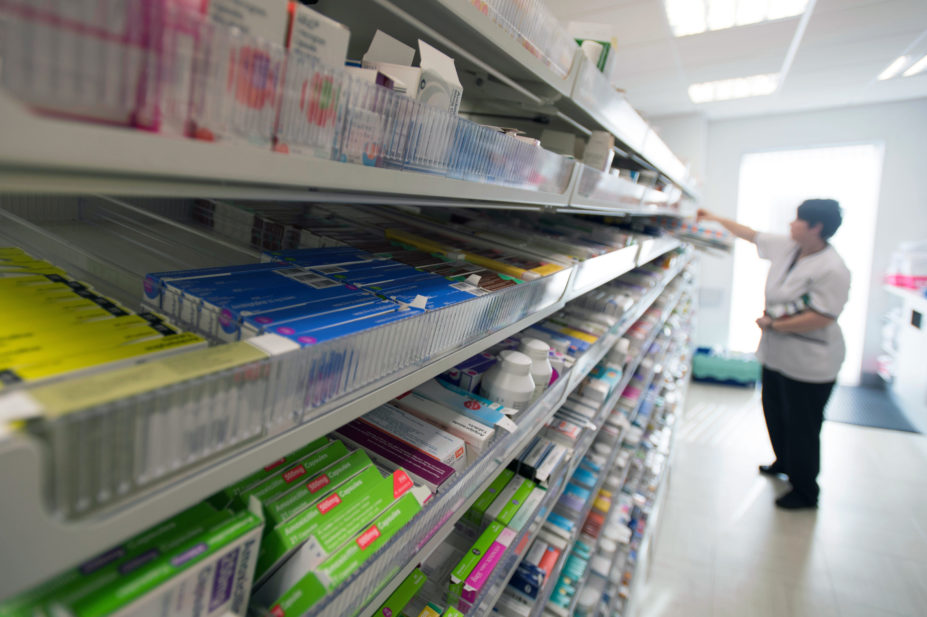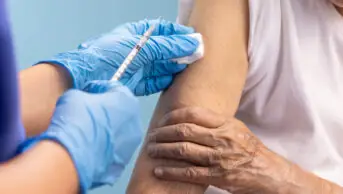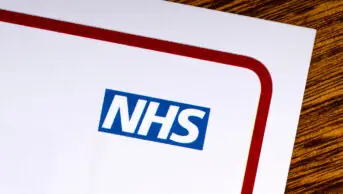
Matthew Horwood / Alamy Stock Photo
The creation of a new Pharmacy (P) Plus medicines category has been discussed as part of a review into how high-dose statins could be made available without a prescription through community pharmacies.
Minutes from two meetings, obtained via a freedom of information request by The Pharmaceutical Journal on 30 June 2021, detail talks on the future of high-dose statins between NHS England and Improvement (NHSE&I) with the Medicines and Healthcare products Regulatory Agency (MHRA) and the National Pharmacy Association (NPA), including the suggestion of the creation of a P plus category.
In minutes from one of the meetings, which took place on 26 August 2020, a representative from the MHRA said that introducing the additional category would require a “new classification of medicines”.
“We would need to consider what we think the requirements are for it to be classified as a P Plus,” they said. “Diagnosis involving clinical measurements, ongoing treatment, record keeping and supply personally by the pharmacist … a lot of these issues are the issues of the supply model.”
The minutes continued to say that, if discussed further, the new classification was an area that stakeholders would need to be “heavily involved in”.
“It will take time and will need consultation.”
In a later meeting held between the NPA and NHSE&I on 10 September 2020, a similar discussion around a P plus category was held. However, the NPA representative said it was “unclear” as to what the value of the new category would be.
“Access to records and the infrastructure … would still be required [whether] the high intensity statin was a ‘P’ or ‘P+’ status item,” the minutes read, adding: “However, there is value in model/pathway flexibility such that a non-pharmacist could undertake monitoring/consultations that it would fit around the patient.”
Commenting on the review being carried on by NHSE&I around access to high-dose statins and discussions around a potential P Plus category, Michelle Riddalls, chief executive of the Proprietary Association of Great Britain (PAGB), said that it too had met with representatives of NHSE&I in 2020 for a “top-level discussion”.
“No conclusions were reached at that meeting,” she said.
“The PAGB supports the reclassification of medicines wherever possible, once their safety and efficacy profile has been established, as a way of improving access to medicines and supporting self-care.
“We also favour an enhancement of the role played by pharmacists within the health system, in recognition of their training and expertise,” she added.
A spokesperson for NHS England told The Pharmaceutical Journal that its review into high-dose statins was ongoing, and it had been delayed owing to the COVID-19 pandemic.
The review into making high-dose statins available from community pharmacy
Speaking at NHS England’s Health and Care Innovation Expo in Manchester in September 2019, Simon Stevens, chief executive of NHS England, said he had asked NHS officials to work with the Medicines and Healthcare products Regulatory Agency “to explore whether we can move our high-dose statin and other appropriate treatments into a pharmacy setting”.
A study presented at the European Society of Cardiology Congress in Paris and published in the Journal of the American Medical Association (2 September 2019) found that a long-term reduction of 1mmol/L low-density lipoprotein cholesterol with a 10mmHg reduction in blood pressure was linked to an 80% reduced lifetime risk of developing heart disease and circulatory disease.
As a result of the research, Stevens told the conference that Keith Ridge, chief pharmaceutical officer for England, and Nikki Kanani, director of primary care at NHS England, would be conducting a review with the MHRA of how high-dose statins could be made available in community pharmacies.
READ MORE: NHS England considering three models to make high-dose statins available in community pharmacy


